Questionhello ma'am, i always have a doubt.
what is the difference between western riding and english horseback riding? how would they differ? which above is difficult? is true horsemanship lying both in english and western riding?
AnswerIn the beginning of my trasining, I train all of my young horses the same way, whether they are going to end up being western or English, (or both). I always use a Bitless Bridle or side pull in the initial schooling.
In the end result, however, there are several differences in the TRAINED horse if he is going to be used Western or English. Western horses should neck rein so that they can be ridden with one hand. This was originally desired because the riders of working western horses had to have one hand free to rope cows,fix fences,etc. English horses are generally ridden with contact from both hands, but there is a cross- over in this rule. I like all of my English horses to also be able to go with one hand so that the riders can perform exercises,have a free hand on trsil rides,etc. Many western horses are started out with both hands and also can be ridden in shows in this manner (in the States) until they are 3 or 4.
Western riders tend to sit at the trot (jog) and go many miles on their working horses, so usually western-trained horses trot in a slower, collected manner. The same holds true for the canter (lope). This ,collection is easy to obtain in a kind, intelligent manner using mostly the rider's seat. However in the Sates it has often been degraded to hauling on the horse's mouth to attempt to slow him down. (truly abusive). Also cruel use of auxillary reins, draw reins, and head-settting devices are also employed.
In English riding the horses are usually encouraged to go forward in a balanced way, as they are often used for dresssage or jumping or going cross country. English riders should all know how to sit correctly, but also post to the (bouncier) gait that result from this.
Mitzi Summers
www.MitziSummers.com

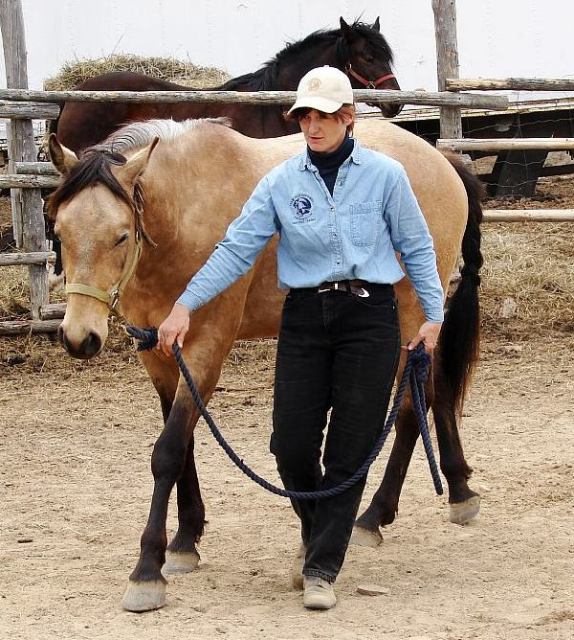 Arabian Mare
QuestionI have had a large dog coming onto my property
Arabian Mare
QuestionI have had a large dog coming onto my property
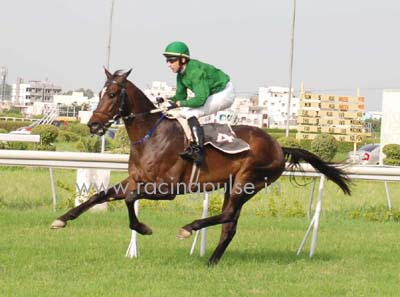 horse having longer stride
Question
longer stride
hello maam, this horse na
horse having longer stride
Question
longer stride
hello maam, this horse na
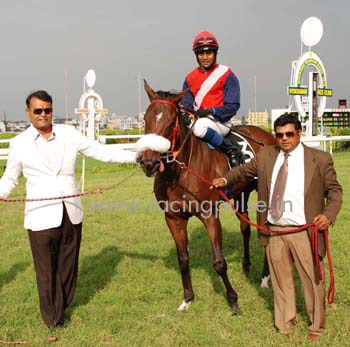 leaning on right shoulder after race
Question
leaning on right shoul
hello maam, this
leaning on right shoulder after race
Question
leaning on right shoul
hello maam, this
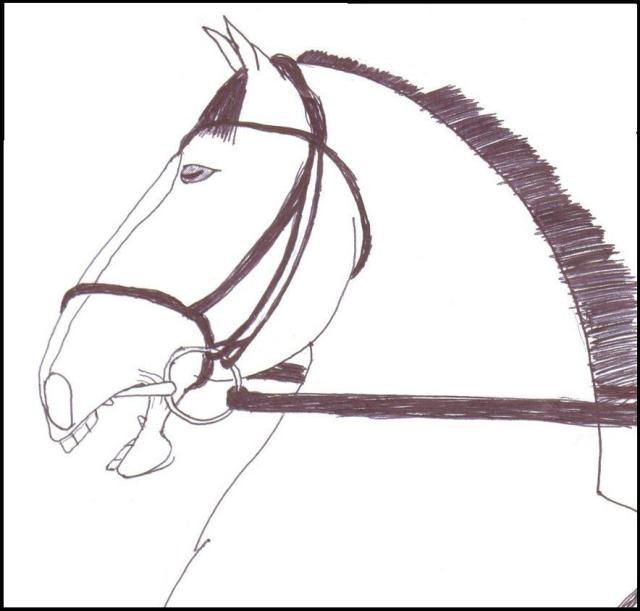 double whale hook
Question
double whale hook
hello maam, mos
double whale hook
Question
double whale hook
hello maam, mos
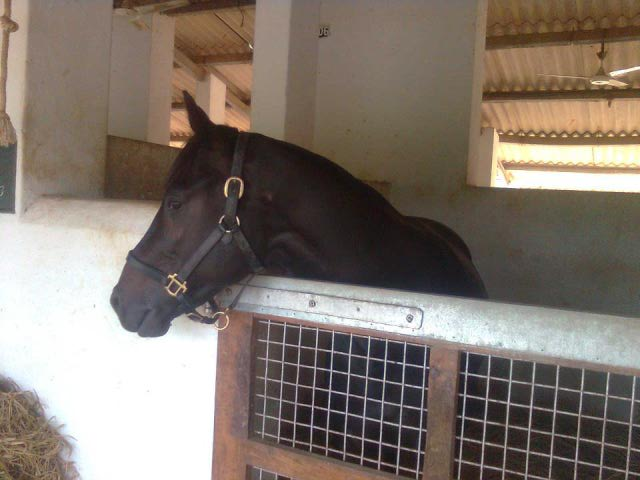 turning the face towards wall
Question
shy horse
hello maam, when i approache
turning the face towards wall
Question
shy horse
hello maam, when i approache